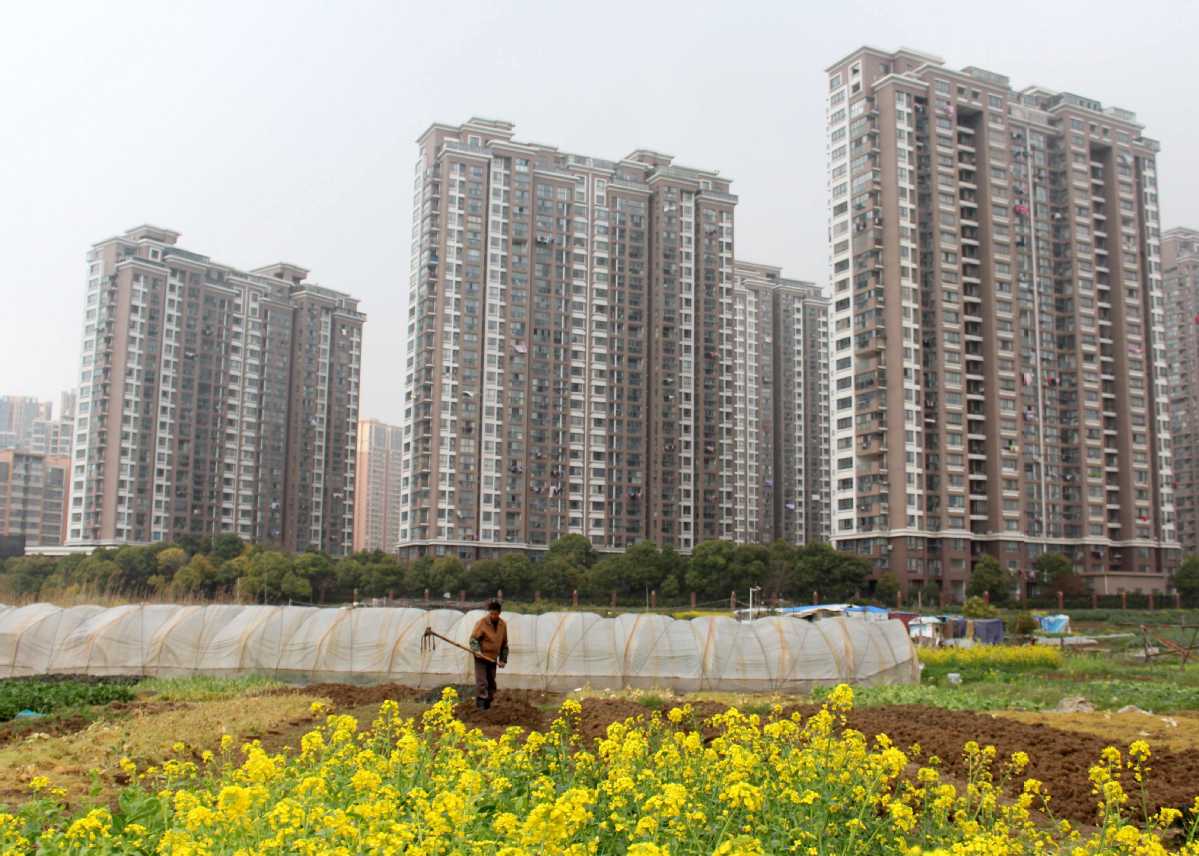Urban renewal can mitigate higher urban temperatures: research


BEIJING - Chinese researchers have verified that urban renewal can mitigate higher urban temperatures led by the heat generated by human activities, according to a recent study paper published in the journal Geophysical Research Letters.
The phenomenon of urban heat islands (UHI) refers to urban areas with significantly higher air temperatures than surrounding rural areas due to the impact of human activities.
China has experienced substantial urbanization for decades and witnessed a significant increase in UHI, said the paper.
The researchers hoped to find out the effects of urban renewal on the UHI phenomenon. They investigated the impacts of urbanization, including both urban expansion and urban renewal, on UHI by analyzing meteorological and land-use observations in East China's Shanghai over the past 144 years.
The results showed that UHI decreased by about 0.58 degrees Celsius between 2005 and 2016 due to urban renewal, and a simulated reduction in UHI from 0.38 to 0.78 degrees Celsius was obtained via a 10-20 percent increase in vegetation cover.
The research suggested the metropolises conduct urban renewal methods by increasing small patches of vegetation and roof greening in urban areas during urbanization to mitigate the UHI phenomenon.
- Beijing set to open 8th railway station soon
- Zootopia in the air
- Former Heilongjiang vice-governor under investigation
- Police, villagers join overnight rescue for missing 76-year-old in Gansu
- Top court urges stricter regulation of minors' online behavior
- Ministry issues new work injury insurance guide





































